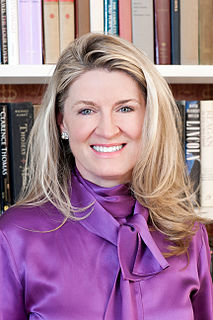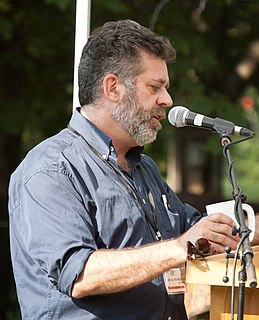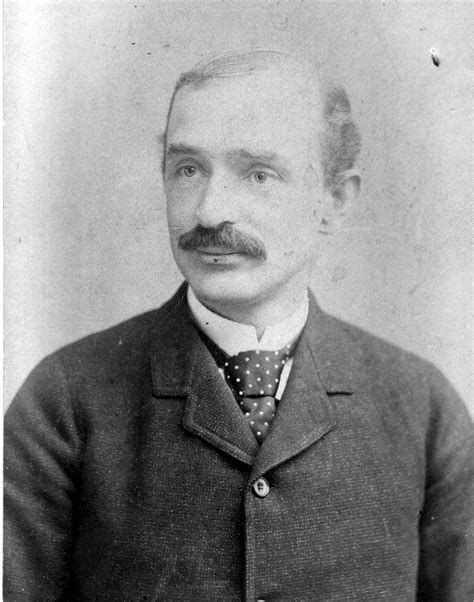A Quote by Wendy Long
If you have empathy for both sides, then that's the same as having no empathy at all.
Quote Topics
Related Quotes
Normal people have an incredible lack of empathy. They have good emotional empathy, but they don't have much empathy for the autistic kid who is screaming at the baseball game because he can't stand the sensory overload. Or the autistic kid having a meltdown in the school cafeteria because there's too much stimulation.
For the most part, people use "empathy" to mean everything good. For instance, many medical schools have courses in empathy. But if you look at what they mean, they just want medical students to be nicer to their patients, to listen to them, to respect them, to understand them. What's not to like? If they were really teaching empathy, then I'd say there is a world of problems there.
When people want to inspire you to turn against some group of people, they'll often use empathy. When Obama wanted to bomb Syria, he drew our attention to the victims of chemical warfare. And in both of the Iraq wars, politicians said, "Look at the horrific things that are happening." I'm not a pacifist. I think the suffering of innocent people can be a catalyst for moral action. But empathy puts too much weight on the scale in favor of war. Empathy can really lead to violence.

































